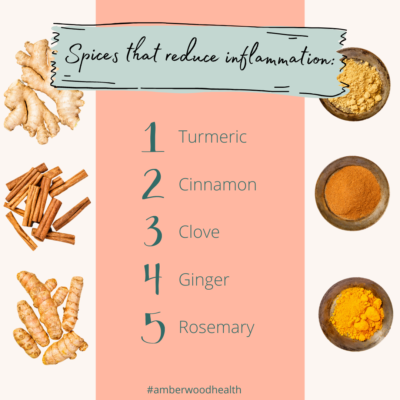Stress Lowers Immunity

Cortisol has a natural curve throughout the day. Often when this stress hormone becomes too high we see a disruption in the curve and then a flattened curve. This is where we see how stress lowers immunity. You may notice that you catch the flu after a stressful time. What you may not know is that when stress is continually high the whole endocrine system becomes muted. Ovaries, testes, thyroid and even the gut can feel the effects. Glucocorticoid resistance is when stress is too high overtime and the body stops responding. It is similar to insulin resistance which leads to the chronic disease type II diabetes.
Stress Lowers Immunity
Prolonged high stress has health consequences. We know that it plays a role in every chronic illness. Given that we are in a pandemic and micro-aggressions have accelerated during this time along with mental health challenges, it’s not surprising if you are feeling any of the following:
- Wired yet tired
- Difficulty falling asleep or anxious before bedtime
- Quick to anger or rage
- Increased anxiety or nervousness
- More sugar cravings
- An increase in abdominal circumference
- High blood pressure
- Elevated blood sugar
- Irregular menstrual cycles
- Memory lapses or more distracted thinking
Chronic stress lowers immunity. Learning to manage stress will increase your resiliency to illness both acute illness like the flu and chronic conditions. You can avoid chronic illness or learn to manage it so it has less impact on your life by understanding cortisol better.
What Cortisol Does
It keeps us alive by modulating inflammation, raising blood pressure and sugar to mount a response to whatever threat is in front of us. Cortisol also governs hunger, cravings, physical activity and our sleep cycles. The most common ways I work with my patients is to educate them about how blood sugar and cortisol work together. Modulating one helps anchor the other.
Another way immunity is suppressed is the effect that high stress has on gut bacteria. Gut function becomes disrupted and this lowers our immunity. Cortisol also increases inflammation which is part of a natural immune response until it becomes chronic. In terms of longevity chronic high stress also impacts growth hormone. Our hormones keep us strong and active as we age.
Your Allostatic Load
Allostasis means maintaining stability (homeostasis) through change. Allostatic load is a measure of biological strain on your body from poor stress response. It can be calculated using the primary mediators that include the substances the body releases in response to stress: epinephrine, norepinephrine, DHEA-S and cortisol. Blood pressure, cholesterol and waist-to-hip ratio are also key factors to measure.
Age, socioeconomic status, cognitive decline, race and unsupportive childhood or adult relationships all have major impact on allostatic load. Although many of these we don’t have control over, we can become aware of where our load is higher which helps us make adjustments.
Five Steps to Help
- Track your sleep using heart rate variability. HRV is the pattern of your heart rate. You want high variability between each beat. Research proves that when your HRV is high, your body has better stress resilience. A low HRV indicates less resilience.
- Reduce caffeine. It directly induces the adrenocortical cells to produce more cortisol and more epinephrine, norepinephrine, and insulin. Find the smallest dose of caffeine that supports your productivity yet doesn’t undermine your health.
- Alcohol raises cortisol. It disrupts sleep and insulin. One bad night makes you more insulin resistant the next day. Higher cortisol disrupts the regular insulin signal. Chronically disrupting cortisol with alcohol leads to more insulin resistance.
- Increase nutrients and amino acids. Stress can deplete certain micronutrients, including vitamins B1, B5, B6, B12, C, and amino acids. Vitamin C lowers cortisol levels. L-theanine calms down the sympathetic nervous system. L-tyrosine is a precursor to norepinephrine and dopamine. Phosphatidylserine (PS) also supports the stress response.
- Adaptogenic herbs and mushrooms. This support the stress response, immune system and hormones. Specific ones also help gut health and are overall tonics. Nature gave us these to help us through trying times and a pandemic is certainly one of those times. I use blends and individualize them based on each patient’s needs. I like to cycle them as well.
Stress is not your fault. Nor is getting sick. Approaching these times with kindness and care is not easy. Even the smallest step in this direction has enormous results for everyone around. Remember that we can help others regulate when we take the time to do this for ourselves.
Related Posts
 How Stress Kills: Social Determinants of Health
How Stress Kills: Social Determinants of Health
 Resiliency in a Pandemic: Light Therapy
Resiliency in a Pandemic: Light Therapy




